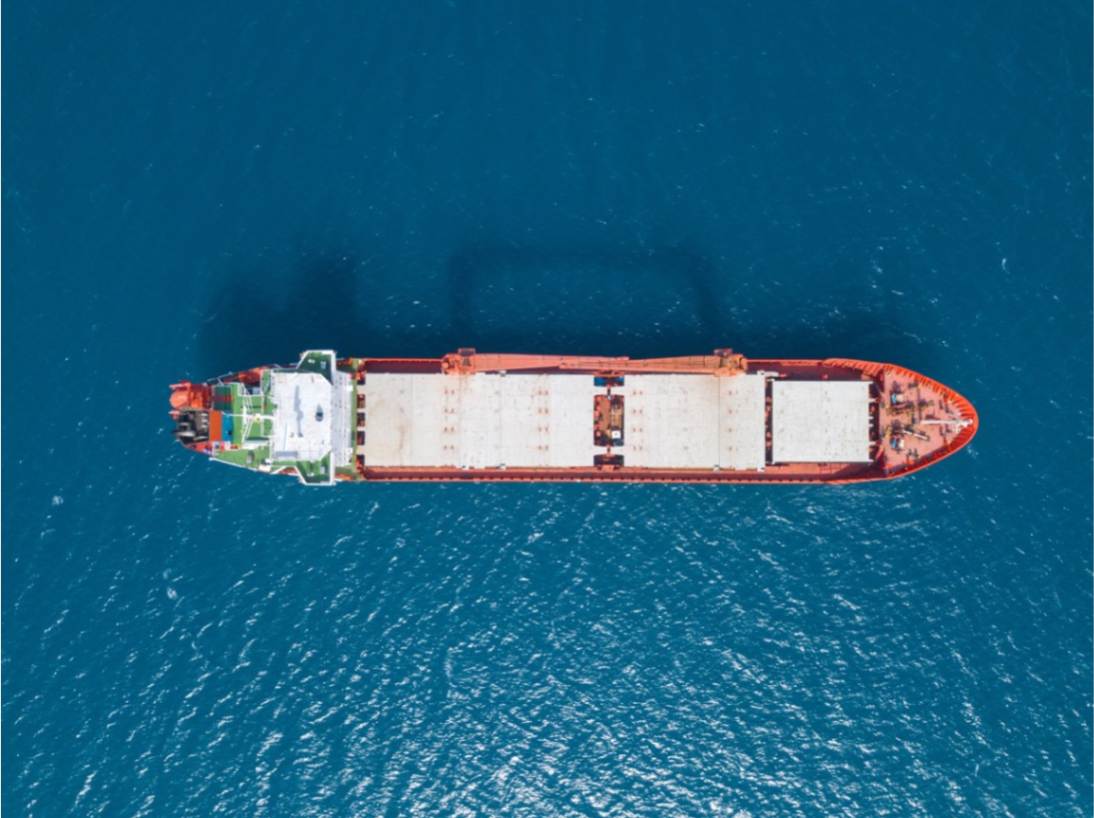
The ROI of replacing spreadsheets
Posted
Apr 25, 2023
Unfortunately, many of these companies are still relying on spreadsheets to manage their supply chains. Spreadsheets lack the necessary features to capture all the data and interdependencies involved in ocean-based supply chains, leading to costly errors and sub-optimal planning. Furthermore, spreadsheets are often decentralized and siloed, making it difficult to share data and collaborate effectively.
Solutions that replace spreadsheets are available
In Klaveness Digital, we are on a mission to help industrial companies overcome the complexities and challenges of ocean-based supply chains through CargoValue – an intelligent logistics planner we have developed for companies transporting raw materials by sea, to improve the resiliency and cost-effectiveness of global supply chains, whilst simultaneously reducing the carbon footprint of these activities.
What are cost-effective and sustainable supply chains?
Supply chain optimization is a critical part of any industrial manufacturing company's success, and achieving cost-effective supply chains is key to remaining competitive. But what do we mean by "cost-effective" in the context of supply chain management?
We define cost-effective supply chains as supply chains that are optimized to minimize costs associated with inefficiencies, delays, and demurrage. This optimization is achieved through improved supply chain visibility and coordination, from inventory planning to final delivery, enabling companies to identify areas for improvement and take proactive measures to reduce costs.
The concept of cost-effective supply chains can be broken down into three main components:
1. Reducing demurrage,
2. Lowering working capital, and
3. Optimizing freight and material cost
Achieve a demurrage reduction between 5-10 %
Reducing demurrage refers to lowering the fees charged for delays in the loading or unloading at the port beyond the agreed-upon timeframe. Demurrage can be a significant cost for companies that operate in global supply chains, and reducing demurrage charges will in most cases result in substantial cost savings. By using CargoValue, our customers can access real-time information on the expected arrival times of their vessels as well as competing vessels, allowing them to adjust their scheduling and prioritize their vessels to avoid conflicts at the berth. Concrete actions to avoid demurrage include entering dialogues with the ship owner to speed up or slow down the vessel to change the time of arrival or negotiating berth priority with port authorities, which is far more difficult opportunity to identify in a spreadsheet.
An example of potential savings when reducing demurrage
If a company has an annual shipment volume of 150 vessels per year, the demurrage could amount to $4,500,000 (150 x 2 x $15,000) assuming an average of two demurrage days per vessel per year. A demurrage reduction in the range of 5-10% using CargoValue would then equate to an annal saving of $225.000-450.000 per year.
Note that this is a simplified estimation, and the actual demurrage cost may vary depending on various factors.
Lower working capital by predicting inventory needs
Lowering working capital refers to reducing the amount of money a company has tied up in inventory. When companies have poor visibility into their supply chain, they may overcompensate by maintaining higher inventory levels as a safety net. However, with improved visibility, companies can more accurately predict their inventory needs, and thereby reduce the amount of inventory they need to hold in stock. This can lead to a significant reduction in working capital requirements, as less money is tied up in inventory that is sitting idle.
An example of how predicting inventory needs can translate to companies lowering their working capital significantly
A company producing 3,000 metric tons of alumina per day to make Aluminium may need to keep a safety buffer of 30,000 metric tons to ensure uninterrupted production. However, through improved visibility and supply chain optimization, this buffer can be reduced by 30% (from 30k down to 20k), resulting in a significant capital reduction of $5.0 million (10,000 x 500) in alumina inventory costs. Considering the company's cost of capital (assumed to be 10%), this translates to a cost reduction of $500,000.
Identifying opportunities in the market to lower freight and overall material cost
Optimizing freight and material costs refers to the ability of CargoValue to help companies identify arbitrage opportunities in the market to lower freight and overall material cost. Freight and material cost arbitrage is one arbitrage example that can contribute to significant cost savings. By monitoring global shipping rates and material prices, industrial manufacturing companies can identify favorable conditions for transporting raw materials and procuring materials. This enables them to make strategic decisions, such as redirecting shipments, consolidating cargo, or purchasing materials from alternative suppliers, to reduce both freight and material costs.
In conclusion, cost-effective supply chains are crucial for industrial manufacturing companies to remain competitive in today's global market. By leveraging technology and data analytics, companies can optimize their supply chain operations, reducing costs associated with inefficiencies, delays, and demurrage. CargoValue is one such solution, that can help industrial companies achieve this, and our team is committed to working with our customers to achieve cost-effective supply chains that deliver real, tangible value.



